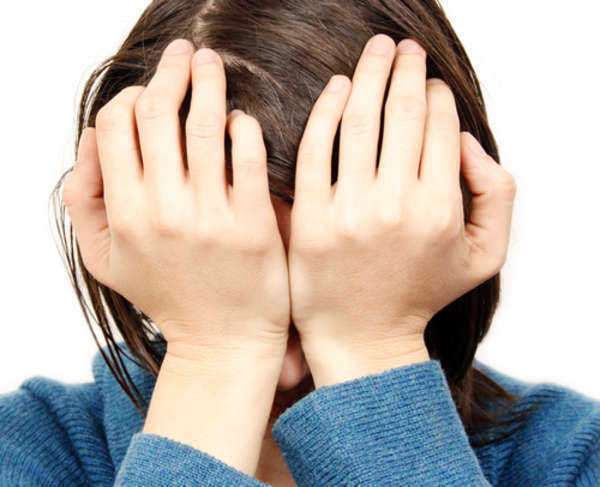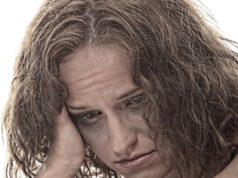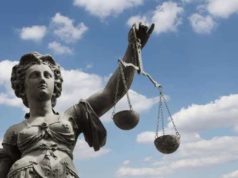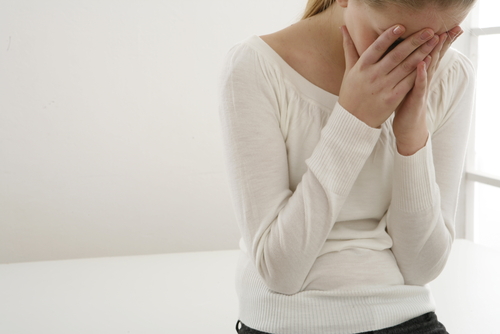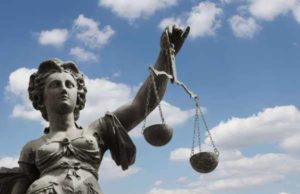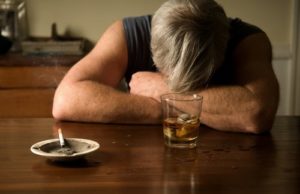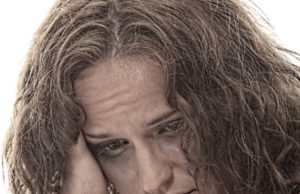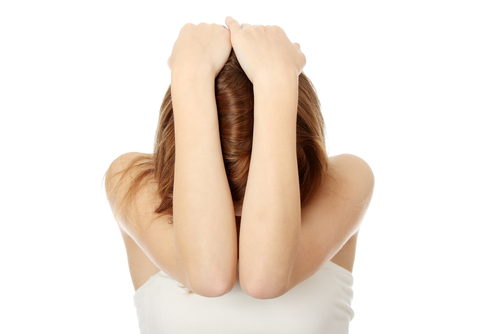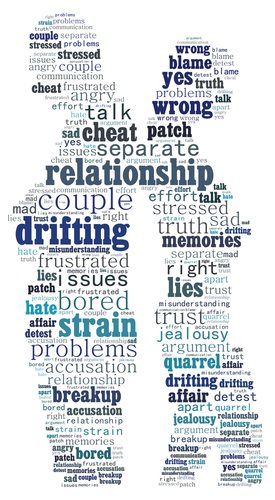
The House recently reauthorized the Violence Against Women Act, which is great news for victims of sexual and domestic violence. This new bill is stronger than the older version, which was enacted in 1994, in that it both creates and expands federal programs that help victims of sexual and domestic violence. In addition to re-establishing provisions of the older law pertaining to sexual and domestic violence, it provides newly established legal protections for LGBT victims of sexual and domestic violence and Native American women. The bill also includes provisions for documented and undocumented immigrant domestic violence victims. For example, documented immigrant victims who are married to a U.S. citizen or permanent resident, can now petition for independent legal status so that they are not forced to remain in an abusive relationship with the partner who initially provided sponsorship. VAWA also has a visa option for undocumented immigrants in abusive relationships.
(More on News at LAWS.com, contact Adam for interviews “adama@laws.com”)
Since 1994, the Violence Against Women Act has provided a holistic approach to dealing with the problems of sexual and domestic violence. One of the manners it did this was by changing how the criminal justice system responded to sexual and domestic violence. It required, for example, that regardless of a victim’s income level, victims are not required to pay for service of a protection order or for their own rape exam.
VAWA required that a victim’s protection order be recognized by every state and territory in the United States, and helped increase prosecution and conviction rates by assisting communities in developing dedicated law enforcement units that dealt with victims of sexual and domestic violence.
The Violence Against Women Act also continues to provide funding for the training of over half a million prosecutors, law enforcement officers and judges annually so that they are better equipped to respond to the victims of sexual and domestic violence. Rape victims were more empowered to talk to police and prosecutors about being sexually assaulted after the bill created the “rape shield law,” which meant that during a rape trial, the defense for the rapist may not use a victim’s sexual behavior in the past against them.
The Rhode Island Coalition Against Domestic Violence (RICADV) was formed in 1979 with the goal of putting an end to domestic violence in Rhode Island. The RICADV serves to provide support to the six domestic violence prevention agencies in the state. It advocates both locally and nationally, promotes community organizing in regards to domestic violence prevention and raises awareness about domestic violence.
The following is an interview with Deborah DeBare, executive director of the RICADV, on her thoughts and feelings about the recent reauthorization of VAWA, and the work of her organization in the realm of domestic violence.
In your opinion, what does the recent passage of the Violence Against Women Act (VAWA) signify for the women's rights movement?
I think it has been a tremendous milestone. The fact that it has been blocked for the last couple of years was troubling, but the fact that it went through swiftly a few weeks ago shows clear signs of progress.
Do you believe the new version of VAWA goes far enough to protect women against domestic violence?
I think the most important thing is that it got passed. This is the strongest version yet, and I don't think we will ever know if VAWA went far enough until domestic violence is eradicated.
The new version of VAWA includes historic provisions for Native American Women and members of the LGBT community. Do you think the law as passed represents a step in the right direction for American Indian women and LGBT people in the United States?
Absolutely! These were a couple of the stumbling blocks, and it seemed imperative that VAWA protects all victims regardless of sexual identity, or whether or not they are Native American. I actually witnessed the signing and the woman who introduced Vice President Biden, Diane Millich, was a Native American of the Southern Ute Indian Tribe, and she shared her story about marrying a non-Indian man who moved to her reservation and abused her, but the tribal authorities could not prosecute him because he was not Indian. The only reason he was ever prosecuted by the federal government was because when he had fired a bullet meant for her, he accidently hit and injured a non-Indian! If the new VAWA was law at the time, her tribe would have had the ability to arrest her abuser.
What has your organization been able to achieve in terms of advancing the cause of domestic violence victims in the state of Rhode Island?
We have developed a comprehensive network of victims’ services, shelters, transitional housing, counseling and support services in every corner of the state. We also established a comprehensive program for law enforcement.
Do you believe Rhode Island has come a long way since the initial passage of VAWA in 1994?
Absolutely! There is a world of difference now, and there has been a change in the commitment of the legal system in its response to domestic violence.
If you are a victim of domestic violence, please contact the RICADV for help. For more information on domestic violence, please visit the Domestic Violence Page.




